CREATE YOUR IDENTITY
SUSTAINABILITY MATTERS
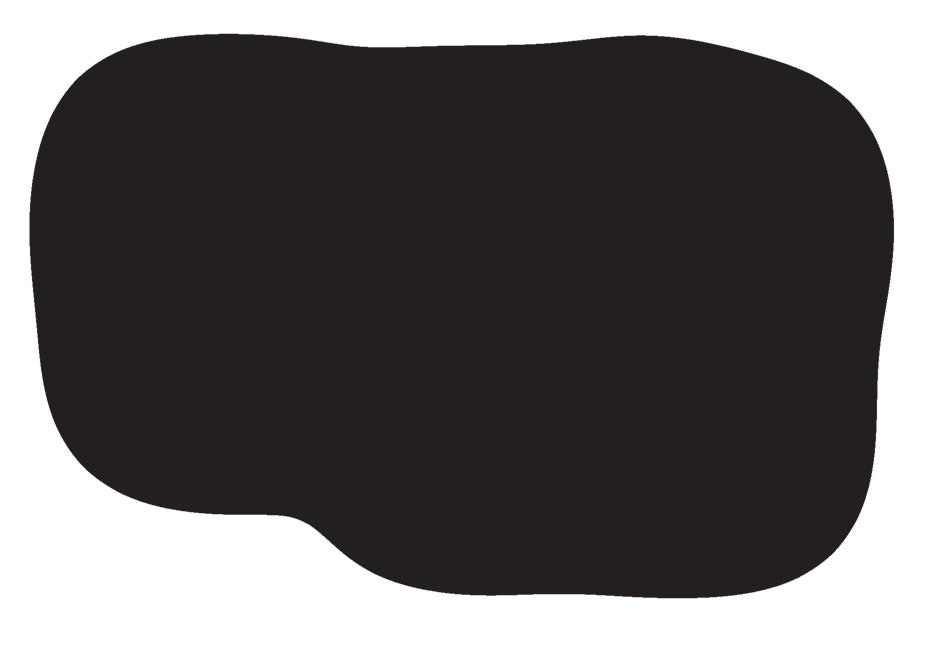


06-11
SOCIAL RESPONSIBLITY
A network of integrity
Our supply chain Code of Conduct
Factory Operating Principles
Standing against modern slavery
Certifications & Memberships
Audits

CREATE YOUR IDENTITY



06-11
A network of integrity
Our supply chain Code of Conduct
Factory Operating Principles
Standing against modern slavery
Certifications & Memberships
Audits
At Norty, we pride ourselves on helping to reduce the harmful impact the clothing industry has on our planet. We are committed to making high quality garments that are made to last.

12-17
Some of our initiatives
Our Organic Cotton process
Better Cotton Initiative (BCI)
Responsible shipping
Carbon reduction and tracking
Reduction in plastics in packaging
GOTS compliance
Recycled polyester
Temperature of washing
Water reduction
Closing the loop
18-23
Our tier structure
Heat capture scheme
Recycling
Responsible sourcing
Production
Heavy metal testing

Addressing environmental concerns in our industry is top of our agenda and our sustainability principles are born out of our company values and culture:
Never stand still. Work together. Do the right thing. Do it with passion. Do what you can to make the world a better place.
Doing the right thing runs through our veins. We know that our operations have an impact on our planet, but we’re on a journey to reduce that impact through continuous monitoring of our operations, improvement of processes and the introduction of new sustainable initiatives.
Working to a more sustainable future is firmly rooted in our business and is an important aspect within our growth plans too.
Responsibility means conducting business in a socially responsible and ethical manner and we are on a mission to transform how we design, produce, and operate at every stage of our manufacturing process for all Norty brands.


“ WE’RE DEDICATED TO MAKING CLEAR IMPROVEMENTS“

We understand the importance of setting, managing and reporting sustainability targets. We have set out a clear strategy to deliver against these goals and I am committed to supporting our business in its sustainable sourcing programme. We’re dedicated to making clear improvements and to report on them to create value for our customers and our consumers in view of their growing concerns on climate and ethics related concerns. Set out below is the first of many iterations of our sustainable sourcing programme.
J. Jumani
Jawad Jumani, Chief Executive Officer.
Throughout our entire supply chain, we continually strive for better practices, equality and greater transparency. This starts at the very beginning: where our garments are made. We have developed long-standing, trusted relationships with our supplier network, always ensuring a high level of communication and transparency throughout. It is also a requirement of our suppliers to share our commitment to safe and responsible working practices. Tier 1 suppliers
We are committed to the maintenance of the high standards within our work environments and we ensure these through the regular undertaking of social audits within our factories. Our respective factories are Sedex SMETA, amfori BSCI or WRAP audited. These audits are closely monitored and reviewed by internal staff here at Norty Limited, where we ensure that any non compliances are promptly investigated and addressed.
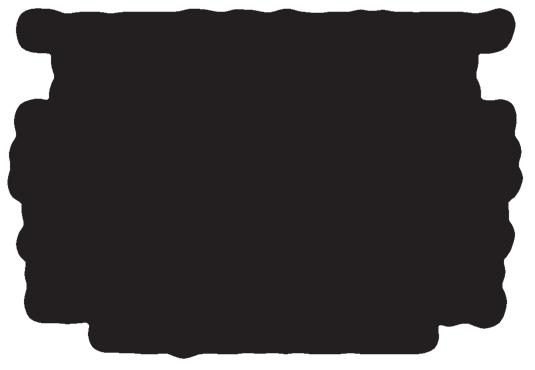
We regularly visit our factories to engage directly with garment workers, discuss processes, and ensure our required working standards are consistently upheld. These visits help us nurture strong relationships and sustain our commitment to ethical practices.
Bangladesh: 26.9%, China: 4.6%, Pakistan 68.4%, India 0.03%.
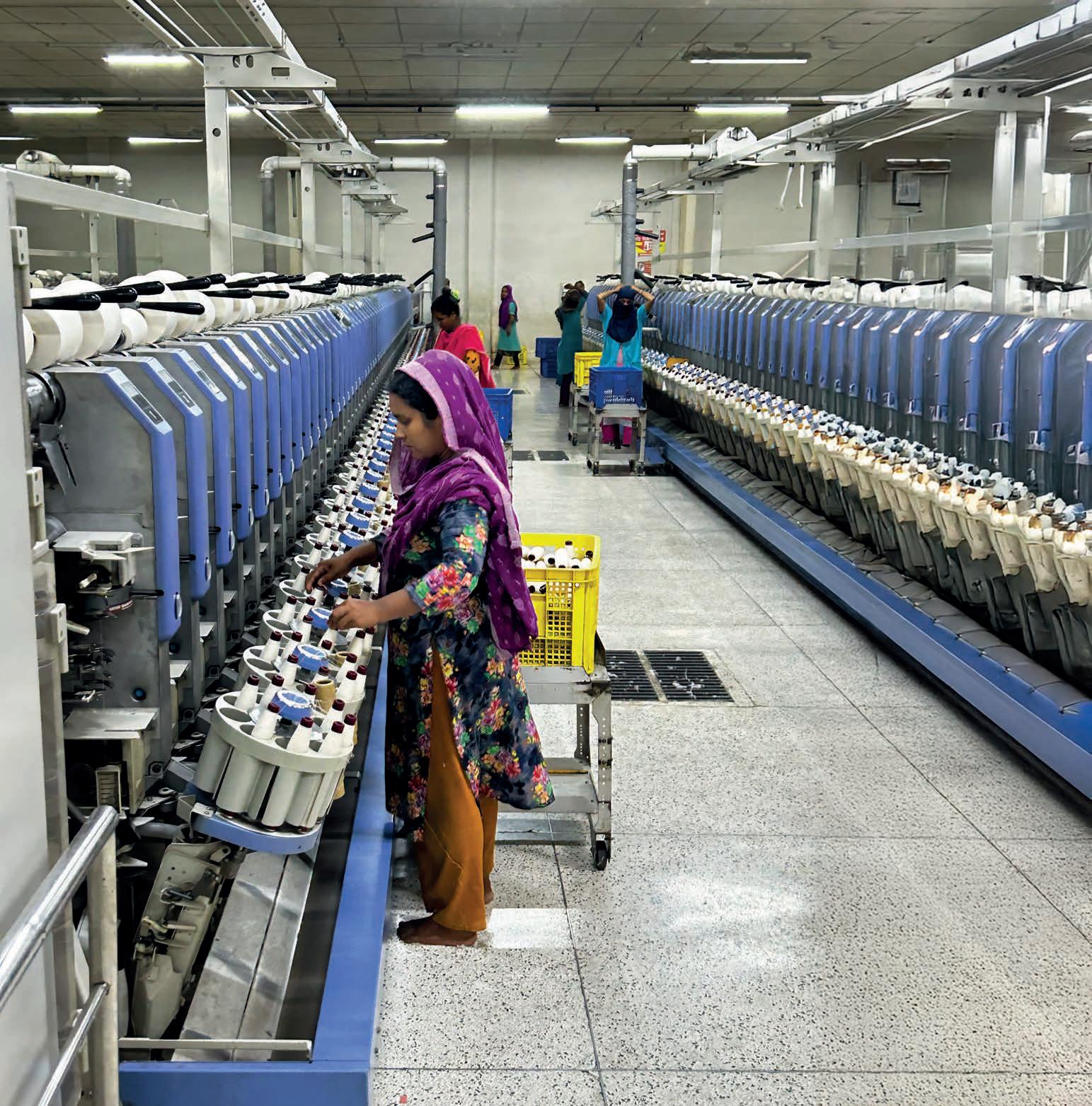
Our Code of Conduct defines our commitment to safeguarding the rights and well-being of the workers who manufacture our garments. We follow the UN Guiding Principles on Business and Human Rights as the standard for identifying, managing, and mitigating human rights risks and impacts.
Factories that are involved in manufacturing our garments must abide by the following operating principles:
Subcontracting - unauthorised subcontracting is strictly prohibited, and any change of factory must be approved by the appropriate department at Norty Ltd Head Office.
No child labour - Vendors and suppliers will absolutely not employ any person below the age of the local mandatory school age or under the respective legal employment age. Employees under 18 are strictly prohibited from working at night or in hazardous conditions, such as the use of dangerous chemicals. If a factory is found to be in violation of these stipulations then we hold the right to the immediate cessation of our working relationship.
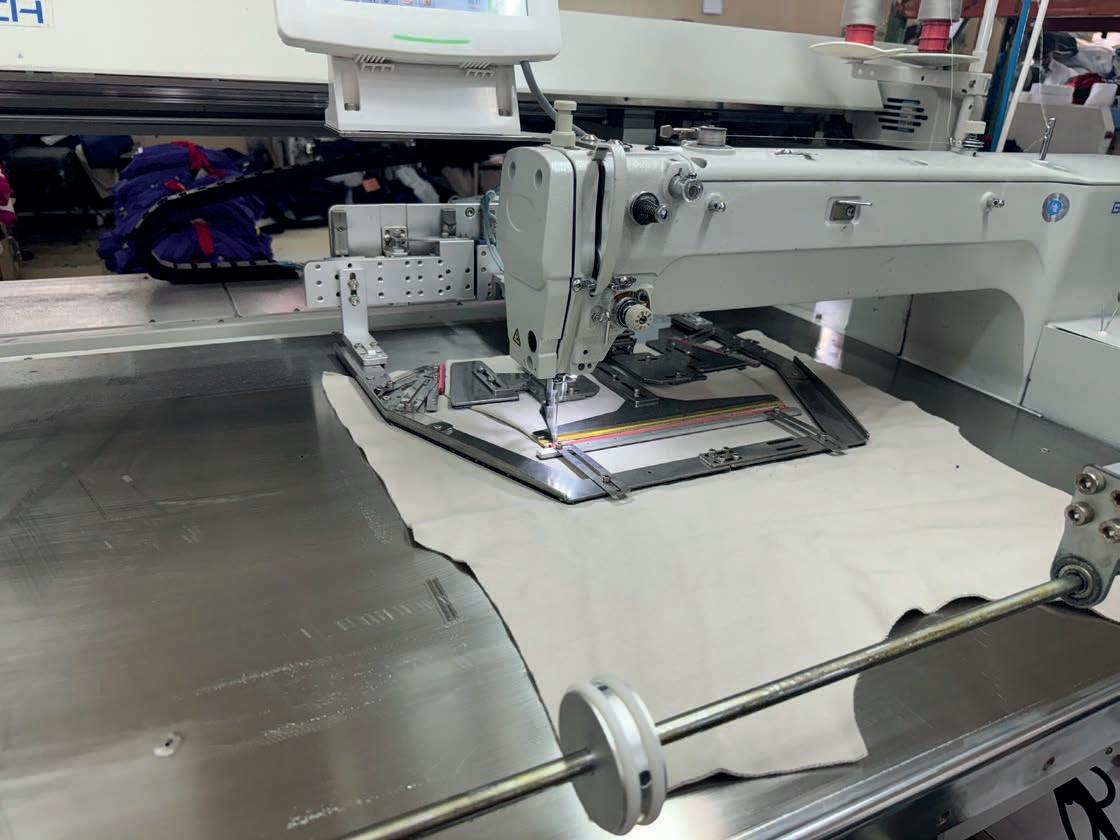
No discrimination - in hiring, compensation, training, promotion, termination, or retirement based on race, class, nationality, religion, age, disability, gender, marital status, sexual orientation, or political affiliations. Local laws take precedence over company policies.
Freedom of association and employee representation - suppliers should respect the rights of employees to join or form an association of their choosing (such as workers’ council, union, or workers’ association).
Wages and Benefits - wages and benefits must meet or exceed national legal requirements or industry standards and cover basic needs, plus some discretionary income.
Hours of work and regular employment - all factories must adhere to relevant national laws with regards to the maximum working hours as standard.
Discipline - employee abuse in physical, sexual, or verbal forms of intimidation are not acceptable and are prohibited.
Health and Safety – a safe, clean, and hygienic environment must be provided, with steps taken to prevent workplace accidents and health risks.
Environment - we only partner with vendors and suppliers who share the same high level of commitment to community and environment as ourselves, and fully comply with all environmental laws and guidelines.
REACH - is an EU regulation ensuring the safe use of chemicals in products to protect health and the environment. All our products must be REACH compliant, ensuring the chemicals they contain are safe and properly managed.
Animal testing and animal derivatives - we do not conduct testing on animals in any stage of manufacturing for our products or packaging. Our brand portfolio is certified Vegan, and no product should contain any animal derivatives at any stage of the supply chain.
Cotton pledge - we firmly oppose the use of forced labour of any kind in the source of our raw materials and will not use cotton from regions where this type of activity is reported.
Right of inspection - we reserve the right to inspect and audit all facilities throughout the supply chain, with or without notice.

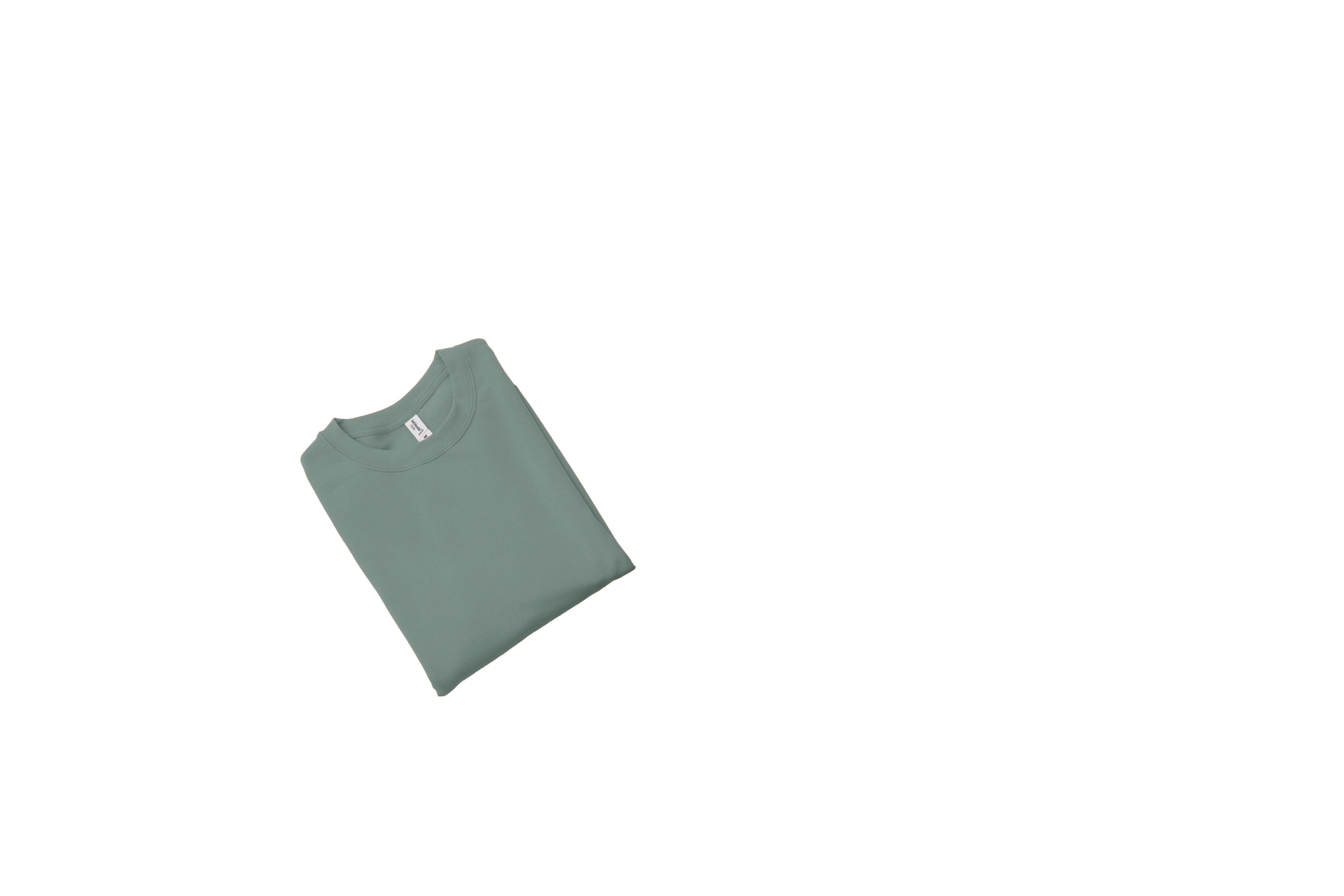
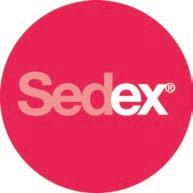
We acknowledge our environmental impact and are dedicated to protecting the planet. We have a strong focus on integrating sustainability into every facet of our brands, particularly within our AWDis brand.
Some of our initiatives include:
• For darker colours, we solely use reprocessed carboard cartons for shipping and for our lighter colours, they are placed inside a poly bag that is either 100% compostable, or 100% recycled and then recyclable inside the reprocessed cardboard carton.
• Increasing our use of recycled polyester yarn throughout our product offerings, removing waste plastic from the environment. We are transitioning to the removal of virgin polyester.
• The majority of our styles are Peta Vegan approved – our styles are 100% vegan containing no leather, fur, wool, skin, exotic skins or any other animal-derived fabric.
• Increasing our use of preferred cotton sources such as Better Cotton and Organic Cotton
• There are no PFAs in any of our products.
Our Organic Cotton process:
• Organic Cotton is grown using only natural fertilisers which are non-genetically modified
• Wastewater is treated so no pollution is released into the environment
• Our garment finishing leaves no dye, bleach or chemical residue
• Traditional cotton production uses 10% of world pesticides and 25% of world insecticides - strong chemical agents that pollute the ecosystem

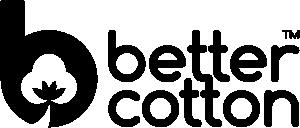
The 2025 AWDis T range is made with materials sourced through the Better Cotton initiative, ensuring sustainable and responsible production. This initiative promotes sustainable farming practices that reduce environmental impact. This includes efficient water uses, reduced pesticide application, and improved soil health, leading to a lower ecological footprint for cotton cultivation.
BCI supports cotton farming communities by promoting fair labor practices and enhancing economic development. This commitment helps improve the livelihoods of farmers and workers involved in cotton production.

Responsible shipping
Our garments are shipped as responsibly as possible and we try to ensure that:
• Only full cartons are shipped.
• Each container is packed to maximum capacity to utilise all available space.
• 1.2% of all Norty shipments in the last fiscal year were air freighted.
Carbon reduction and tracking
We’re fully committed to preventing environmental harm and tackling climate change. By partnering with third party experts to map our carbon footprint, we can track emissions and implement effective reduction strategies.
We'll collaborate with these experts to set ambitious targets and create a roadmap to achieve net zero, guided by the insights and data we gather in the coming years.
Reduction in plastics in packaging
• In 2022 we removed all virgin plastics from our packaging and replaced them with 100% recycled bags.
• In 2023 we removed 80% of packaging completely.
• Where packaging is unavoidable, we're transitioning to 100% certified compostable bags, significantly reducing our environmental impact.
• AWDis denim has eliminated unnecessary interior plastic and cardboard packaging.

To achieve certification as a GOT’s compliant production facility, we must meet rigorous environmental and social standards. These include:
• Controlled use of chemical inputs
• Evaluation of toxicity and biodegradability for chemical outputs

Recycled polyester
Recycled Polyester removes harmful waste plastic from the environment rather than using virgin fossil fuel intensive materials and processes. We currently incorporate recycled polyester into several of our garments and are actively working to expand its use across more of our AWDis garments.
Most of our garments are best washed at 30°C, a temperature that helps conserve energy, reduce emissions, and prolong the lifespan of the garments. This makes it a more sustainable and eco-friendly choice.
Effluent water treatment
A number of our factories have facilities in place to purify their wastewater so they can either safely dispose of it back into the environment or for their own reuse.
the loop
According to WRAP more than 300,500 tonnes of clothing end up in the UK landfills every year. Enhancing the circularity of our products by extending their lifecycle is a key priority. Some of our initiatives to support this goal include:
• Donating surplus fabric from our factories to local charities








• Recycling excess cotton to create new garments
• Offering styles made from organic materials
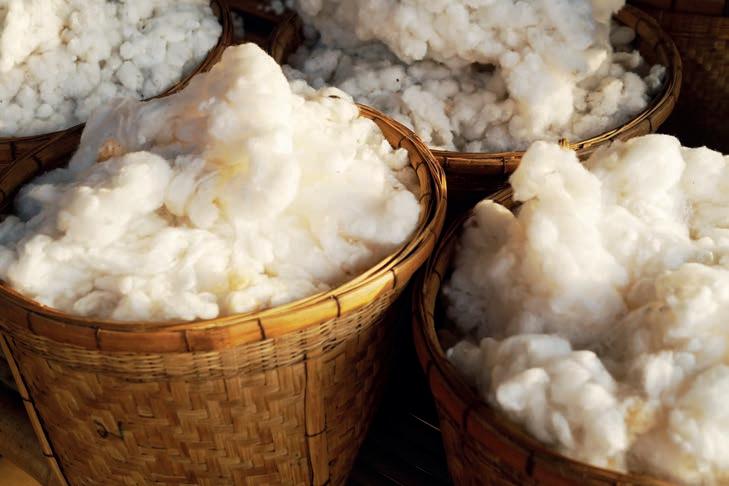

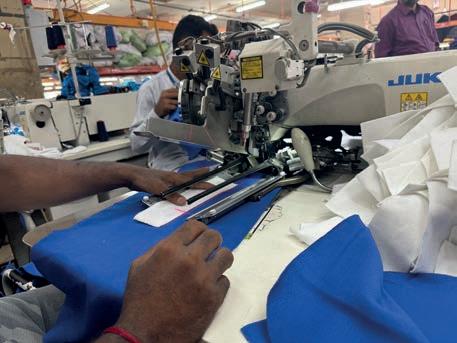
We have tracked all of our Tier 1 and 2 suppliers, and we are in the process of tracking all of the prior stages of our supply chain.
Having a transparent sourcing structure is becoming imperative to our business model moving forward and we realise the importance of every stage and every person involved either directly or indirectly in the manufacturing of our garments.
Our Tier Structure
Tier 0: Our office and those of our manufacturing partners.
Tier 1: Direct manufacturers – factories that cut, sew, package, and ship finished garments.
Tier 2: Materials producers – these include suppliers of our fabrics and trims, including the weavers knitting, dyeing, finishing.

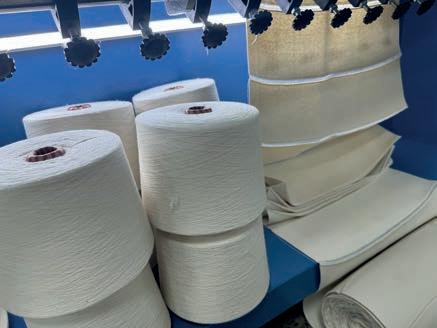
Tier 3: Raw materials processing - fibres undergo spinning, dying, weaving, and other processes that prepare them to become the materials.
Tier 4: Raw material source.
Heat capture scheme
To reduce the environmental impact of our energy use, some of our factories have implemented heat recovery systems, which capture and reuse production heat as well as cut energy required for hot water and steam.
All paper, yarn and fabric waste material generated

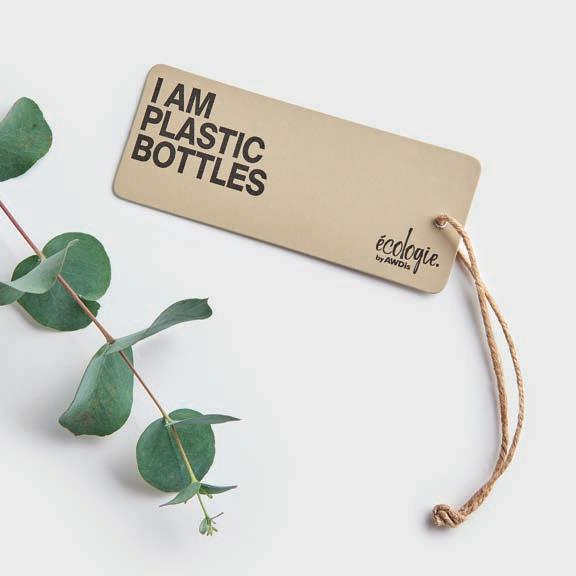
Responsible sourcing
Choosing organic cotton in our global supply chain supports a toxin-free production process, free from chemical fertilisers, pesticides, and GMOs. This approach protects farmers' health, boosts soil biodiversity, and significantly lowers environmental impact—cutting water use by 88%, energy by 62%, and reducing air pollution compared to conventional methods.
Production
Durability testing & materials
We test our products’ durability using a variety of methods, to ensure they reach the standard we strive to maintain.
Dimensional stability to washing - we test our garments’ reaction, ensuring they don’t shrink or expand.
Test piling - our garments are checked against how many rubs they can withstand before they begin to pill.
Colour fastness - Colour durability is measured by evaluating how well it stands up to water, light, perspiration and wet and dry rubbing.
Heavy metal testing
To ensure the levels of metals in our products are within safe limits and do not exceed toxicity levels, we carry out heavy metal testing during production. This involves:
• Ensuring safe harbouring levels
• Regular spot checks
• Levels confirmed by Oeko-Tex and REACH
HAS CUT WATER USAGE BY HAS CUT ENERGY USAGE BY 62%

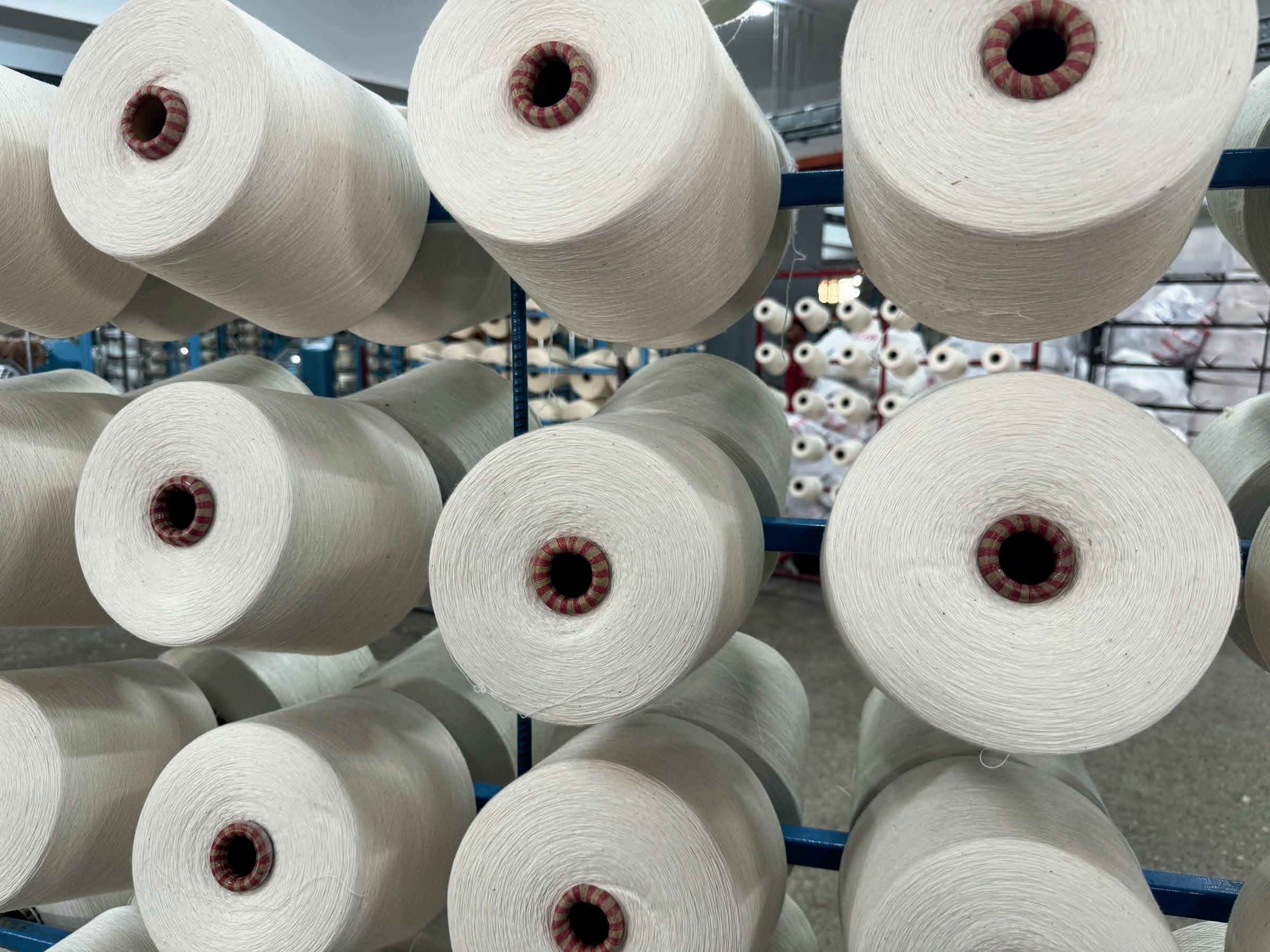
WRAP – Worldwide Responsible Accredited Production.
Peta Vegan Approved
Oeko-Tex Standard 100
Sedex
SMETA
BSCI
Amfori BSCI
All of our key suppliers and their production processes are Oeko-Tex
Standard 100 certified, with this certification being gradually extended throughout the supply chain. Norty is Oeko-Tex standard100 certified as of 2025.


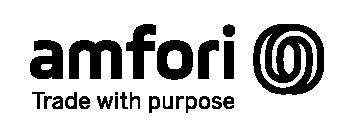
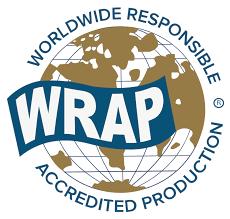




We remain committed to reducing the harmful impact the clothing industry has on the planet. Through our sustainability efforts, we aim to make a positive impact for the environment and future generations. Thank you to everyone for joining us on this journey and for your continued support as we work towards a more sustainable future.

